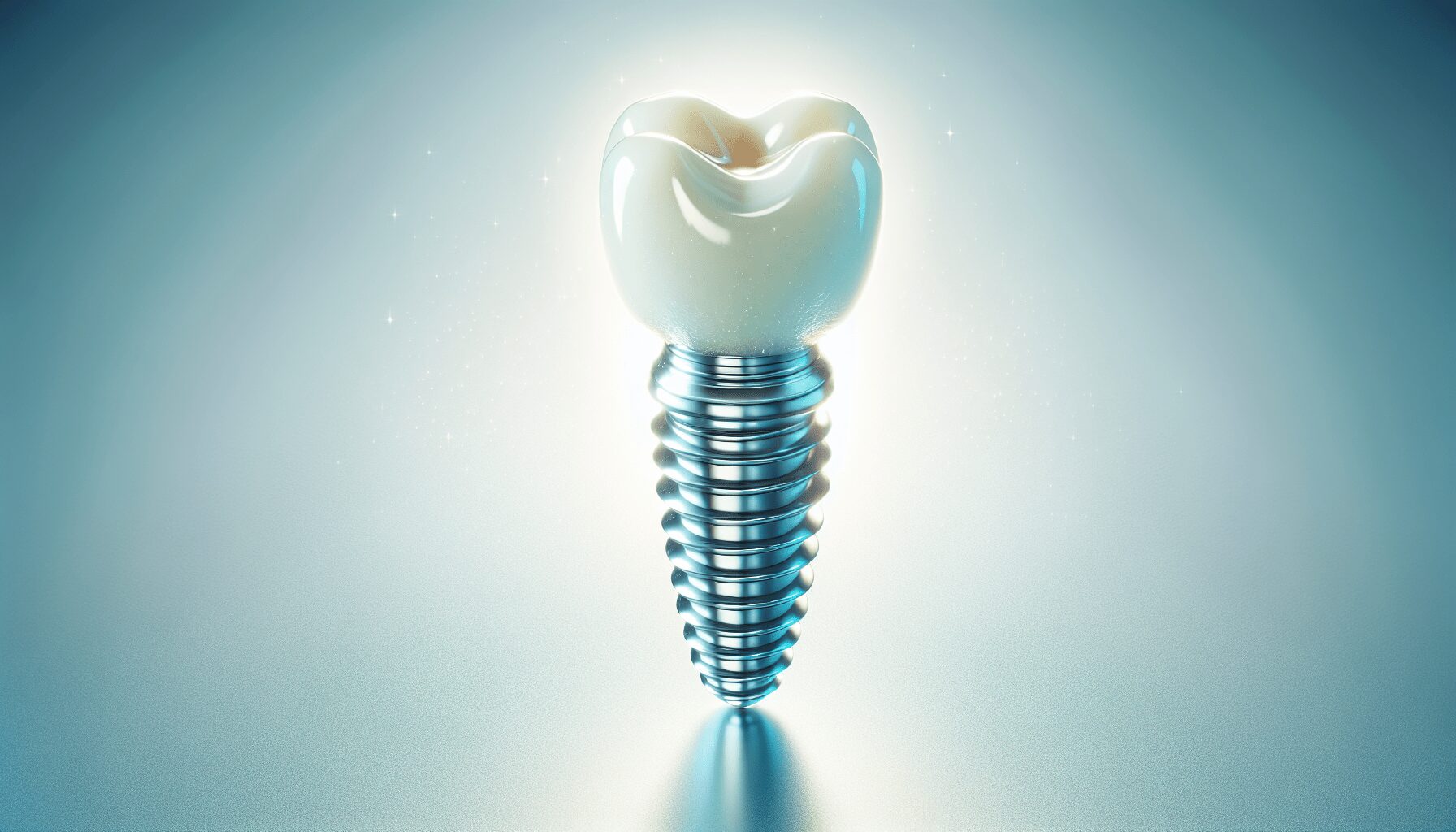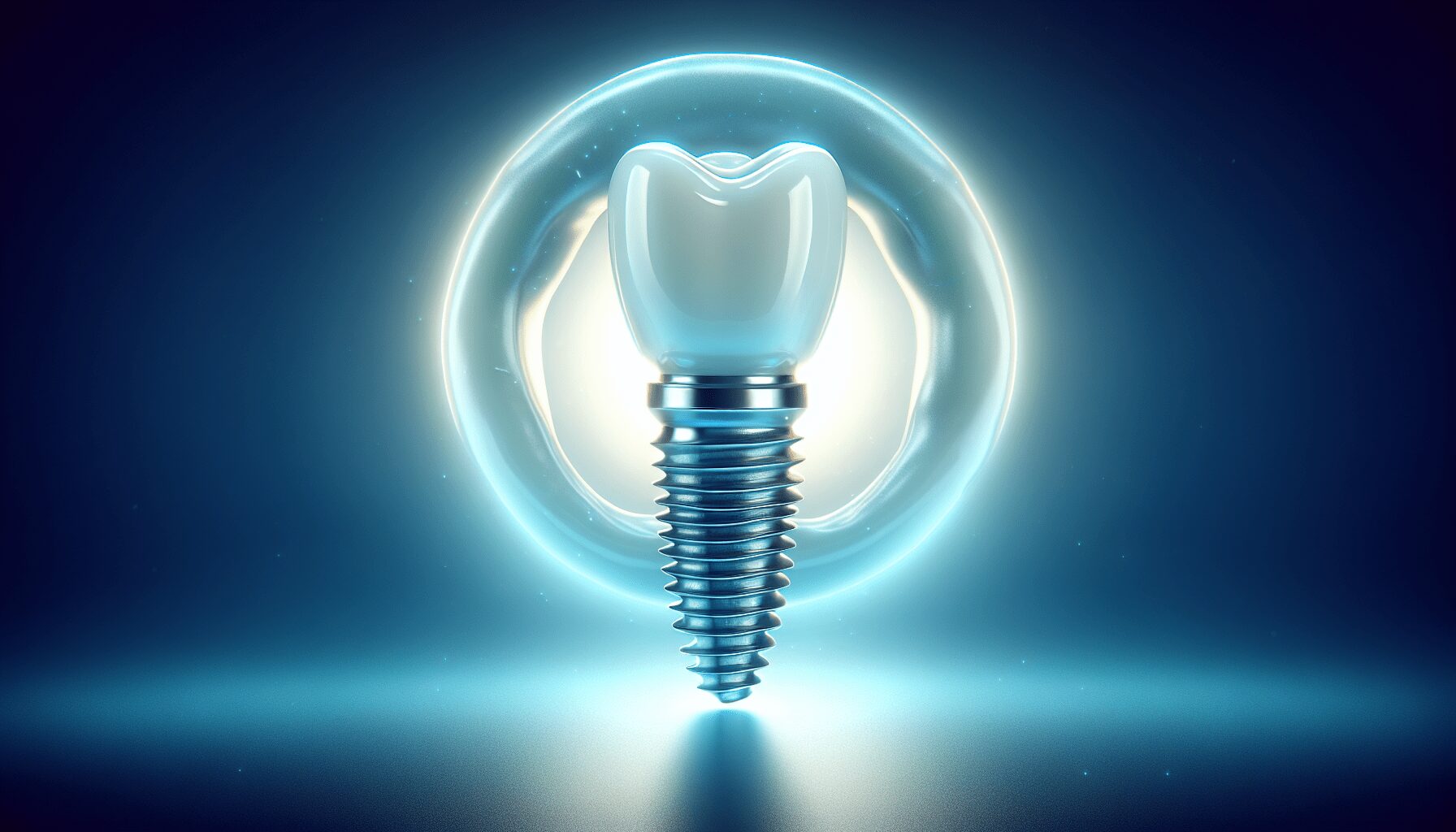How Do I Keep My Dental Implants From Getting Infected?
Have you ever wondered how you can keep your dental implants in tip-top shape and free from infection? It’s a common concern for many who have these remarkable dental innovations. Understanding the steps to maintain them can feel daunting at first, but it doesn’t have to be. In this guide, you will find a wealth of practical information and tips to ensure that your dental implants remain healthy and infection-free. Let’s get into the nitty-gritty of dental implant care together and make this process as simple and clear as possible.
What Are Dental Implants?
Dental implants are a modern dental solution designed to replace missing teeth. They offer a permanent and robust substitute for natural teeth, improving both functionality and appearance. Consisting of a metal post usually made from titanium, an abutment, and a crown, they mimic the structure and function of a natural tooth. Dental implants can greatly enhance your quality of life by improving your ability to eat and speak while contributing to overall oral health.
The Importance of Proper Care
Just like natural teeth, dental implants require diligent care to function properly and avoid complications. Without proper attention, you risk infection, gum disease, and even implant failure. Maintaining oral hygiene not only protects the implants but also supports the health of surrounding teeth and gums. Understanding the importance of proper care can motivate you to stick to a routine that keeps your mouth healthy and your implants in excellent condition.
Essential Daily Oral Hygiene Habits
Daily care is the foundation of any good dental health routine, and it’s no different when you have dental implants. Establishing a set of hygiene habits early on can prevent potential problems down the line.
Brushing
Brush your teeth at least twice a day using a soft-bristle toothbrush. Soft bristles are gentle yet effective in removing plaque and debris without causing damage to your gums or the implant crown. Aim to spend about two minutes ensuring you cover all areas of your mouth. Pay particular attention to the implant sites, as improper brushing can lead to plaque buildup and infection.
Flossing
Flossing might seem a bit old-school, but it remains essential, especially for individuals with dental implants. Use a dental floss designed for implants or a water flosser to effectively remove food particles and plaque between teeth and around the implant base. Regular flossing helps keep your gums healthy and reduces the risk of peri-implant diseases.
Mouth Rinse
An antibacterial mouth rinse can complement your brushing and flossing routine. Choose a mouth rinse that helps to fight bacteria and keep your breath fresh. Incorporating this into your daily regimen adds an extra layer of protection against infection and gum issues.
Regular Dental Check-Ups
Visiting your dentist regularly is crucial in maintaining the health of your dental implants. Your dental professional can detect potential issues early and provide cleaning that helps maintain your gum health.
Frequency
Schedule dental check-ups every six months or as recommended by your dentist. Even if your implants feel fine, regular examinations are essential to identify problems that might not yet be visible or symptomatic.
Professional Cleanings
Professional cleanings are necessary to remove calculus and plaque from places that your toothbrush and floss might miss. Dental hygienists have the tools and training to clean thoroughly around implants, preserving the health of your gums and surrounding bone.
Recognizing Signs of Infection
Being aware of potential infection signs can save you from more complicated procedures later. It’s vital to recognize these signs early and seek prompt professional attention.
Common Symptoms
Look out for symptoms such as persistent pain, swelling, redness, or bleeding around your implant. Any pus or unusual discharge is an immediate red flag, as is a feeling of implant mobility.
When to Seek Help
Consult your dentist promptly if you experience any of the aforementioned symptoms. Early intervention can mean a simpler, more effective treatment process and can prevent implant failure.
Adopting a Healthy Lifestyle
Even outside the bathroom, certain lifestyle choices can have a significant impact on the longevity and health of your dental implants.
Diet Considerations
A nutritious diet supports overall health and oral wellness. Limit sugary snacks and drinks which contribute to plaque formation and decay. Incorporate foods rich in calcium and vitamins to strengthen your teeth and bones. Daily foods like dairy products, leafy greens, and nuts are excellent choices for supporting oral health.
Quit Smoking
Smoking greatly increases the risk of dental implant complications. It constricts blood flow to your gums, slowing healing and increasing infection risk. Quitting smoking benefits not only your oral health but also your overall well-being.
Common Myths About Dental Implants
Misinformation can complicate your understanding and care of dental implants. Let’s debunk some common myths associated with dental implants.
Myth: Implants Don’t Need Special Care
Some believe that because implants are artificial, they require less care than natural teeth. This is false. Implants need regular cleaning and check-ups to remain healthy.
Myth: Implant Surgery Is Risky
While all surgeries involve some risk, dental implant procedures have high success rates when performed by skilled professionals. Technological advancements and proper post-operative care significantly reduce any risks involved.
Choosing the Right Dental Care Provider
Your choice of a dental care professional significantly impacts the success of your dental implant journey. This decision is not one to take lightly.
Importance of Experience
Select a dentist experienced in implant procedures. A well-qualified professional offers not only skilled execution but also valuable advice for a successful recovery and maintenance.
Emphasis on Patient Education
Understanding how to prevent implant infections should empower you to take action. Sweet Water Dentistry places a strong emphasis on patient education. They provide resources and guidance that enable you to make informed decisions about your oral health.
Maintaining Long-Term Success
Long-term success with dental implants requires more than initial care. It’s about continuing with the habits and routines that keep your implants, and the rest of your mouth, healthy.
Consistency is Key
Stay consistent with your dental hygiene practices. Regular brushing, flossing, and professional check-ups will ensure your implant remains in excellent condition over the years.
Stay Informed
Keep yourself informed about the best practices and new recommendations for implant care. Dentistry is always advancing, and staying informed can enhance your dental care regimen.
Conclusion
Caring for dental implants doesn’t have to be complicated or intimidating. With the right knowledge and habits, you can prevent infections and ensure your implants serve you well for years to come. Embrace good hygiene practices, maintain regular dental appointments, adopt a healthy lifestyle, and choose a trusted dental care provider. By following these steps, you’re on your way to enjoying the full benefits of your dental implants, infection-free, and with a bright smile. If you ever need guidance or support, remember that professional help is always available to assist you on your journey to optimal oral health.
Sweet Water Dentistry
Consider seeking care at Sweet Water Dentistry in Fairhope, AL. With a dedicated team led by Dr. Phillip N. Greer, D.D.S., they prioritize patient education and long-lasting dental health relationships. Their commitment to excellent service and a relaxing environment makes them a reliable partner in your oral health journey.
Visit us for expert care:
Sweet Water Dentistry
📍 5915 Sweetwater Cir, Fairhope, AL 36532
🌐 sweetwatersmile.com
📞 Call or Text: (251) 210-2773
Follow us on Facebook and Instagram for the latest updates and special offers!




